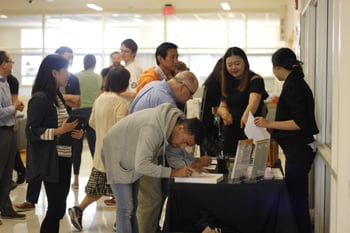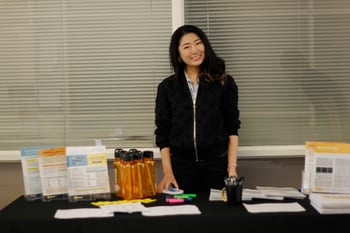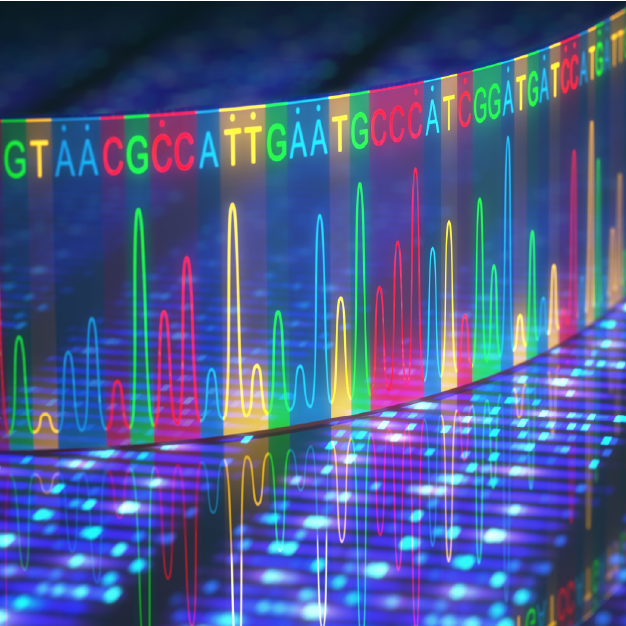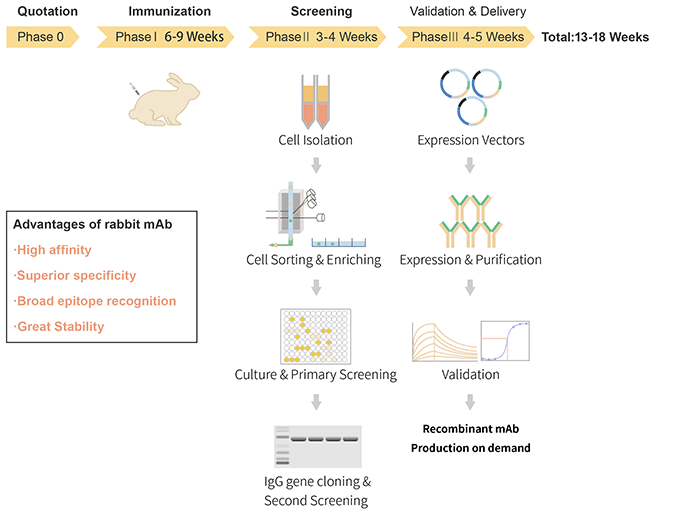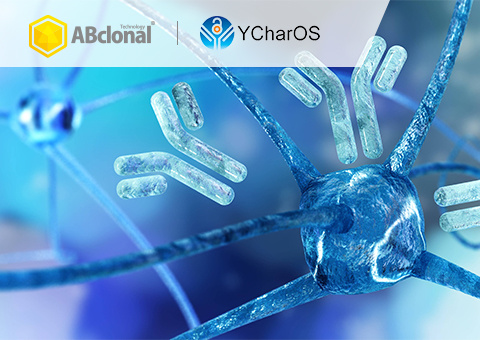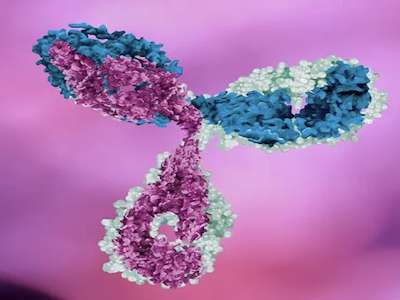ABclonal Technology hosted its second lunch and learn at the Koch Institute for Integrative Cancer Research at MIT, the second event of its lecture series. The lunch and learn, led by ABclonal’s senior principal scientist, focused on rabbit monoclonal antibody technologies, its advantages and development.
Rabbit Monoclonal Antibody Technologies in the Current Market
Although mice are conventionally used for monoclonal antibody (mAb) development, using rabbits as hosts has been increasingly popular due its various advantages. At the lunch and learn, Dr. Li Hui covered the differences between rabbit and mouse mAb and introduced the current use of rabbit mAB in diagnostic and clinical research.
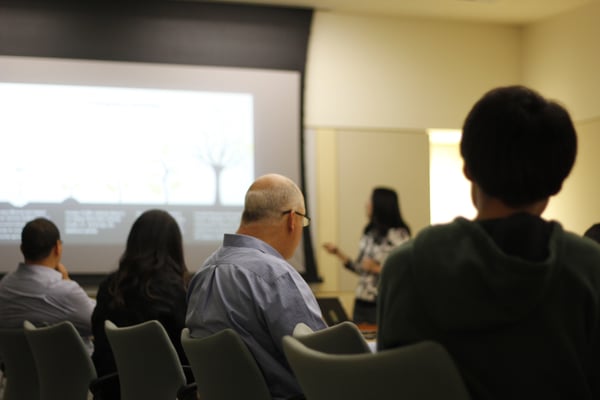
“Currently there are four rabbit monoclonal technology platforms,” Dr. Hui explains. The four methods, which we wrote about previously, are: rabbit hybridoma technology, phage display library technology, rabbit B cell and plasma cell cloning, and proteomics and NGS combined technology. Among these four technologies, the single B cell cloning technology outperforms the other three for its quicker turnaround time, higher success rate and lower cost.
About the Speaker
Dr. Li Hui is the Senior Principal Scientist at ABclonal Technology. She has a decade of experience in leading antibody discovery and development projects that target key signaling pathways in cancer cell biology, metabolism, immunology, and neurodegenerative diseases. Dr. Hui leads efforts to optimize rabbit monoclonal antibody discovery technology at ABclonal for large scale and efficient development of both customized and catalog monoclonal antibody products.
ABclonal offers a range of antibody services, including custom antibodies made for your specific antigen.
You can follow us on Facebook to learn about future events!
